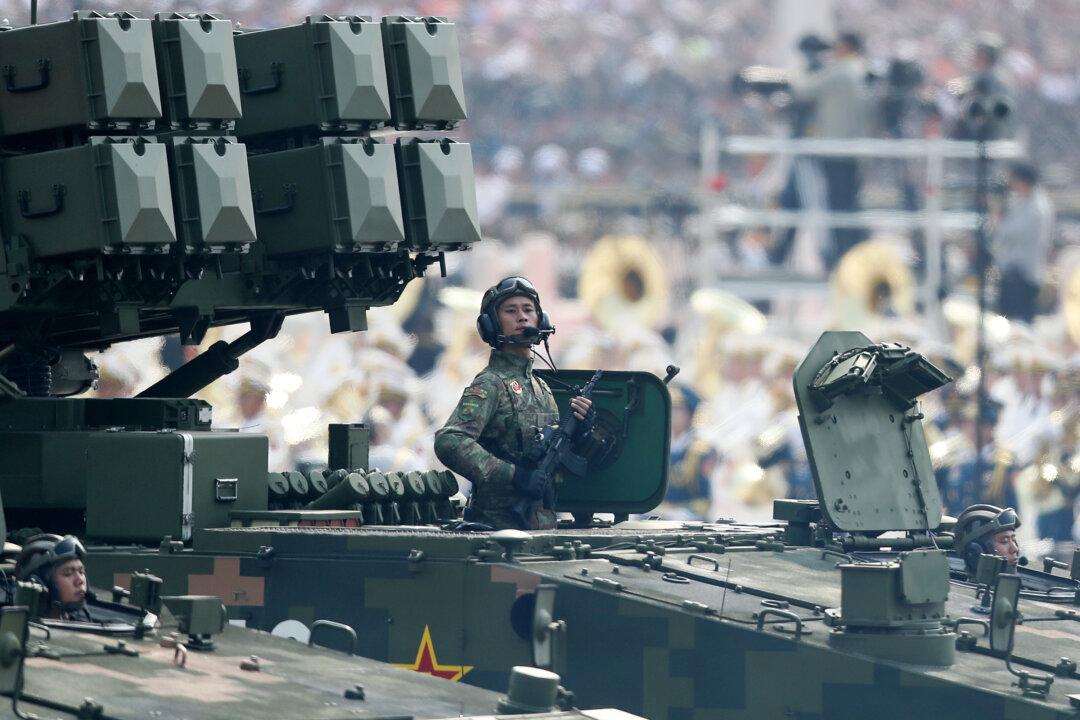The Chinese regime may be accelerating the timetable for its plan to build a “world-class military” by the mid-21st century, Japan said in a draft of its annual defense report.
The draft paper referred to Beijing as Japan’s “greatest strategic challenge” and warned that the Chinese Communist Party (CCP) could amass 1,500 nuclear warheads by 2035, Kyodo News reported on May 23.





